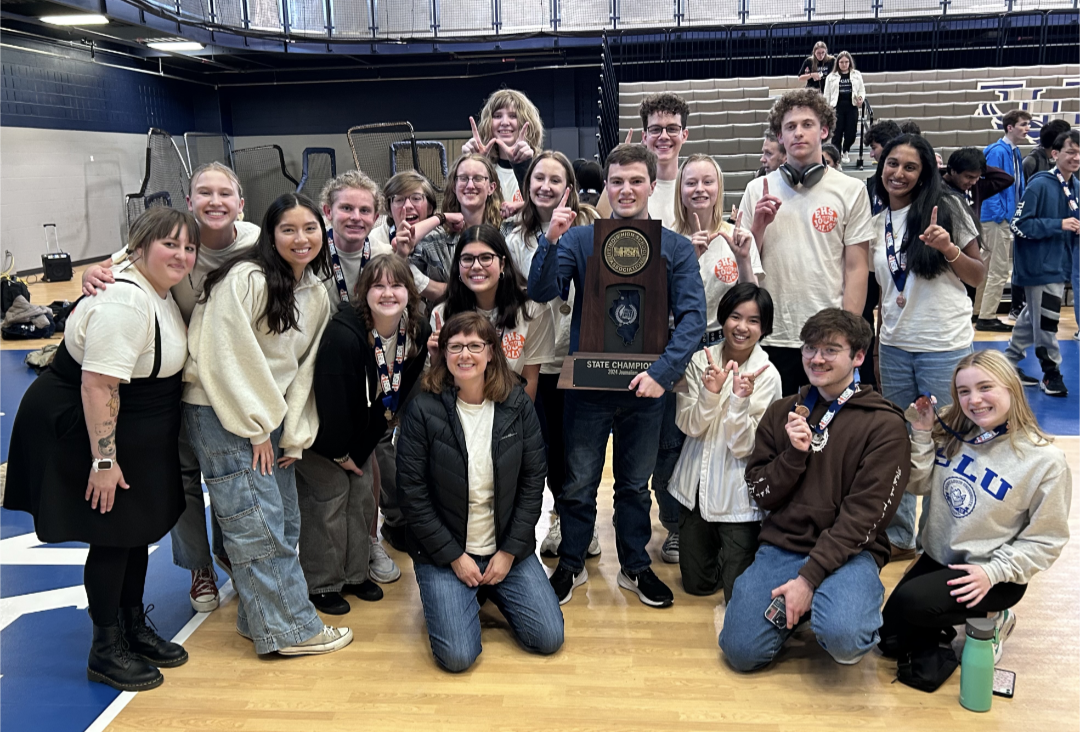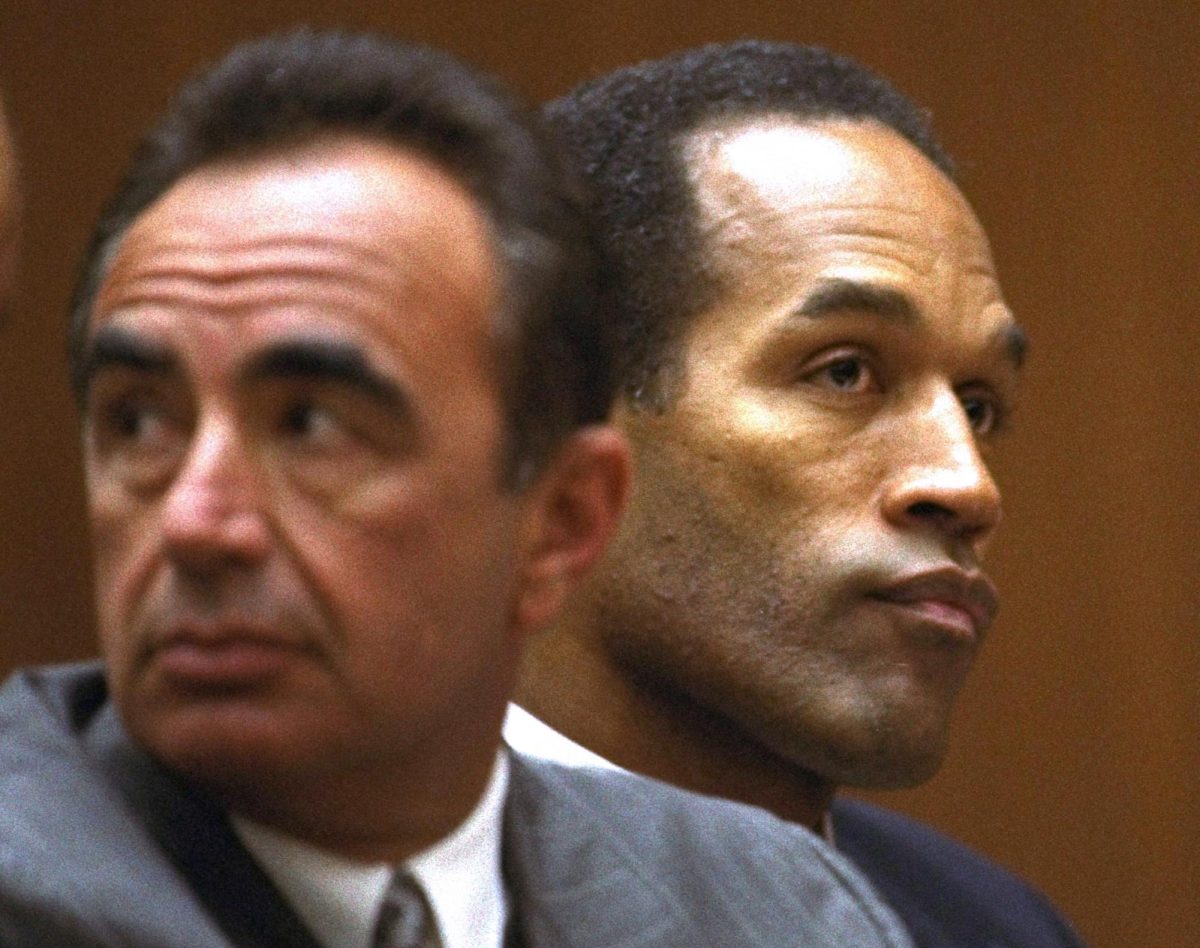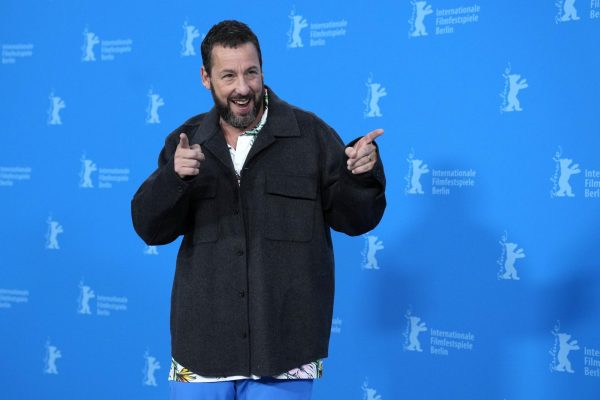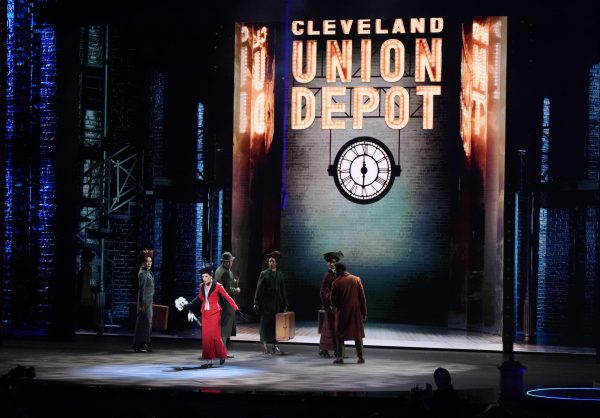‘Tenet’ Bewilders with its Insane, Time-Bending Action
September 11, 2020
“Tenet” is director Christopher Nolan’s 10th film, and possibly his most ambitious yet. The movie is complex, cerebral and stunning, yet it occasionally falls victim to its own ambition.
The film’s plot revolves around an unnamed protagonist, played by John David Washington, who embarks on a time-bending mission after being assigned to a secret task force whose goal is to prevent World War III.
The driving force behind the story is the idea of time inversion, where certain objects or people can move backward through time just as they can move forward through it.
The first half of the film progresses rapidly, with many expository details omitted, only to be revealed later in the movie. This creates an initial feeling of mystery, where one questions the world and the protagonist’s place in it.
Because of the film’s fast pace, convoluted plot, and runtime of two and a half hours, keeping up with the storyline can feel like running a marathon. Important information flies by quickly, which can leave viewers scratching their heads. To truly appreciate “Tenet,” it may take multiple viewings due to its incredibly complex nature.
In terms of performances, “Tenet” does not fail to deliver. John David Washington does an excellent job taking on the role of the protagonist, and Robert Pattinson’s chemistry with Washington as Neil makes for a very refreshing bro-mance.
Kenneth Branagh plays the villain, Andrei Sator, with massive presence. His performance is electric and bold, bringing the suspense to a new level.
However, there is a distinction to be made between the actors and the characters. Regardless of performances, few of the characters have major emotional substance to them. The protagonist seems to only serve the purpose of moving the plot along, rather than bringing his own humanity into it.
Andrei Sator and Kat, played by Elizabeth Debicki, are the only characters with significant weight. Kat is Sator’s wife, and their dynamic in the conflict is very tragic, acting as an oasis in a desert of minimal characterization.
Even so, the lackluster characters in “Tenet” do not majorly detract from the experience. The plot and action take center stage, which more than makes up for what the movie lacks in character depth.
The action sequences in “Tenet” are brilliant and bewildering. Many of these scenes feature people or objects moving backward in time clashing with those moving forward in time, which leads to countless jaw-dropping moments. These fights are directed and choreographed expertly by Nolan himself, creating some of the most attention-grabbing action in the history of espionage films.
While the visual design of the movie may be captivating, the sound design is an absolute mess. The score and sound effects of the movie significantly overpower dialogue in a vast majority of scenes, muddying a plot that is already very complicated. In many scenes, the dialogue is a chore to make out, and few scenes contain clear, easy to understand lines.
The mixing of the sound may be atrocious, but the score is fantastic. Composed by Ludwig Göransson, the soundtrack is lush, gorgeous, and futuristic. It often has a somewhat distorted sense of time, accomplished using unique sound effects, complimenting the movie very well. Even though the music is far too loud, it is difficult to not be captivated by it during the various tense action sequences.
“Tenet” stumbles over itself in a few areas, yet it is still a genius and exciting spy movie at its core. The action is exhilarating, the plot is intelligent and the score is mesmerizing. If you wish to see the movie, but do not want to risk going to movie theaters, I strongly recommend watching it at home with subtitles on. Perhaps more than once, too.






















